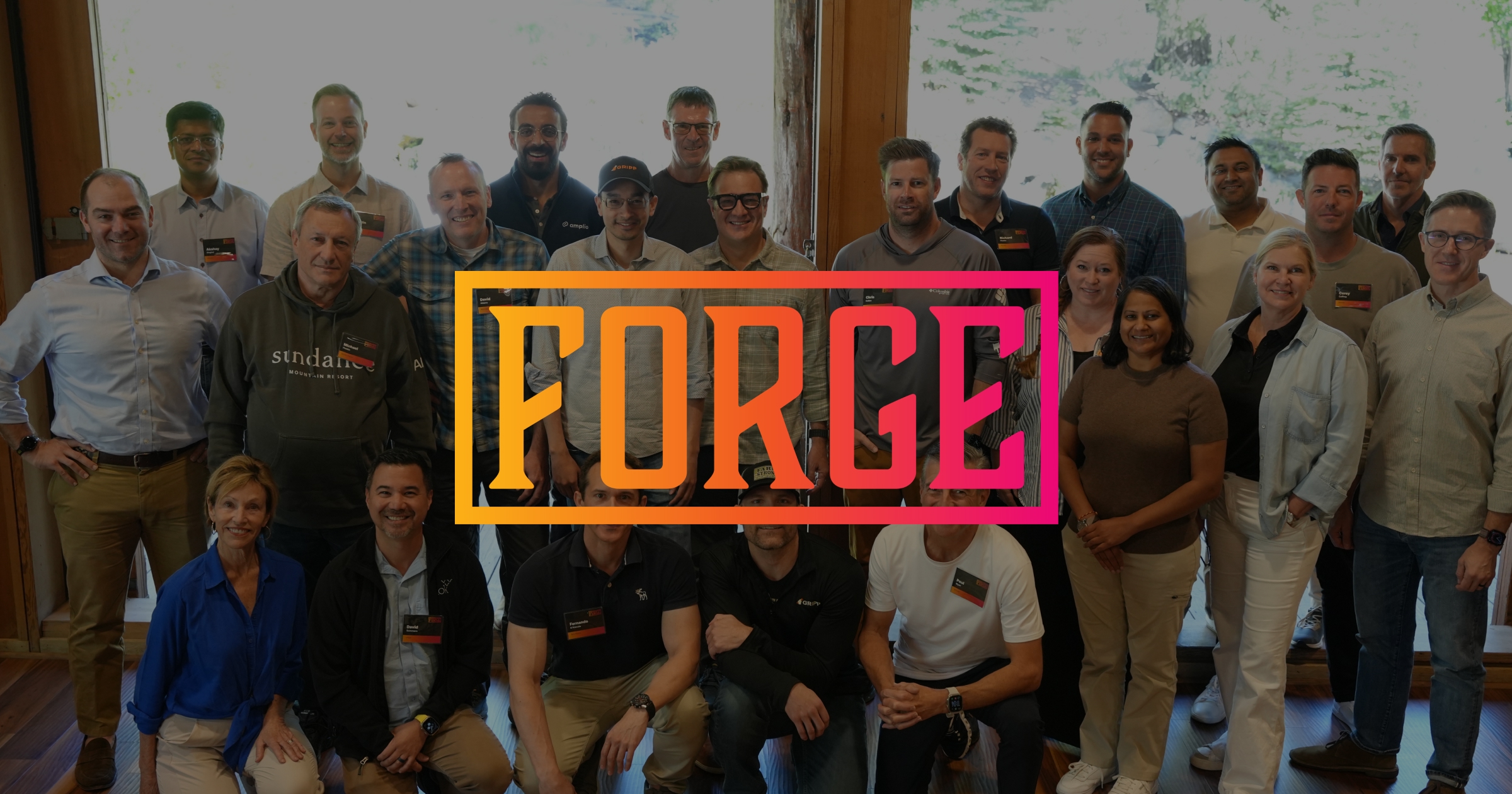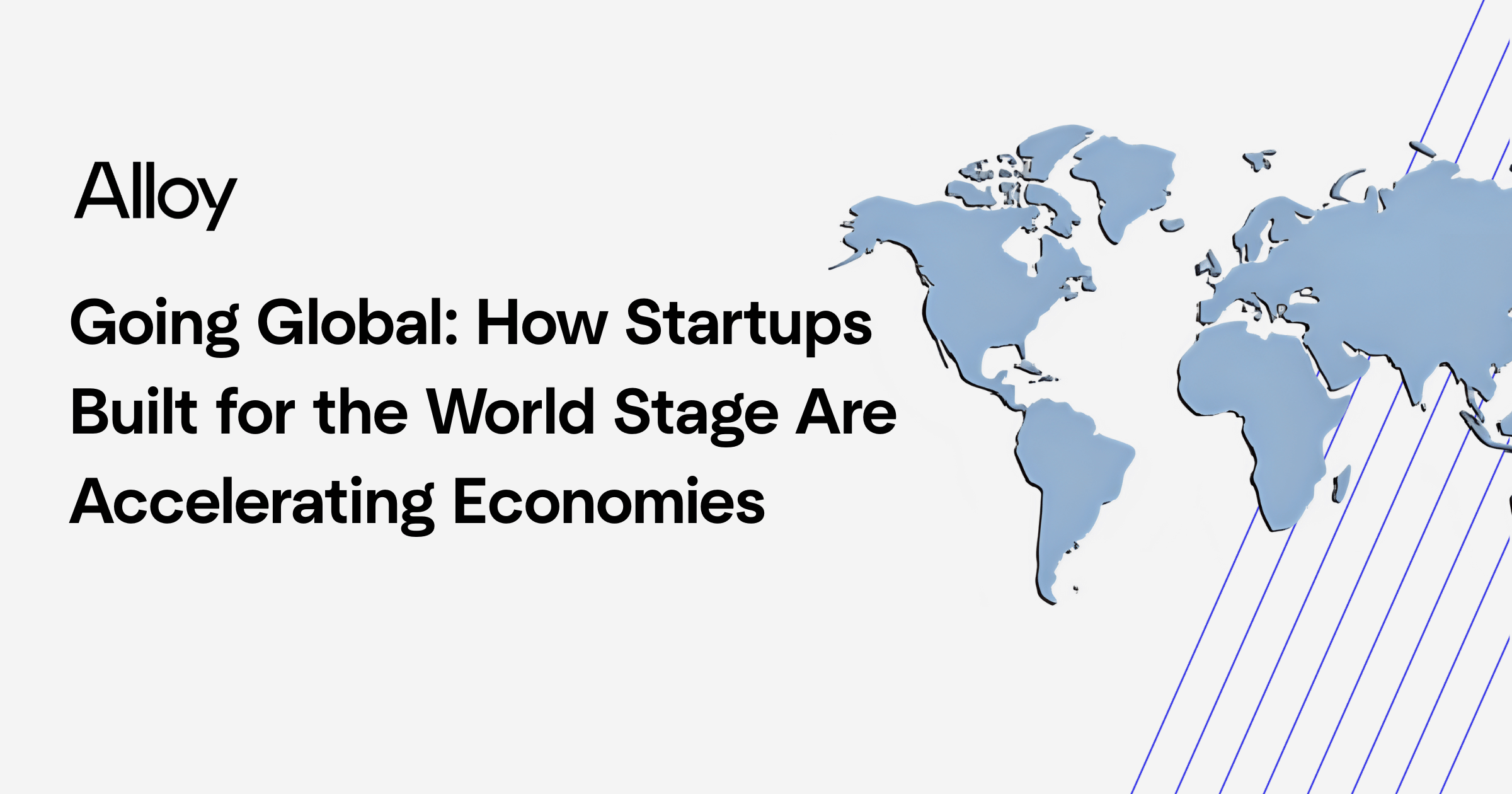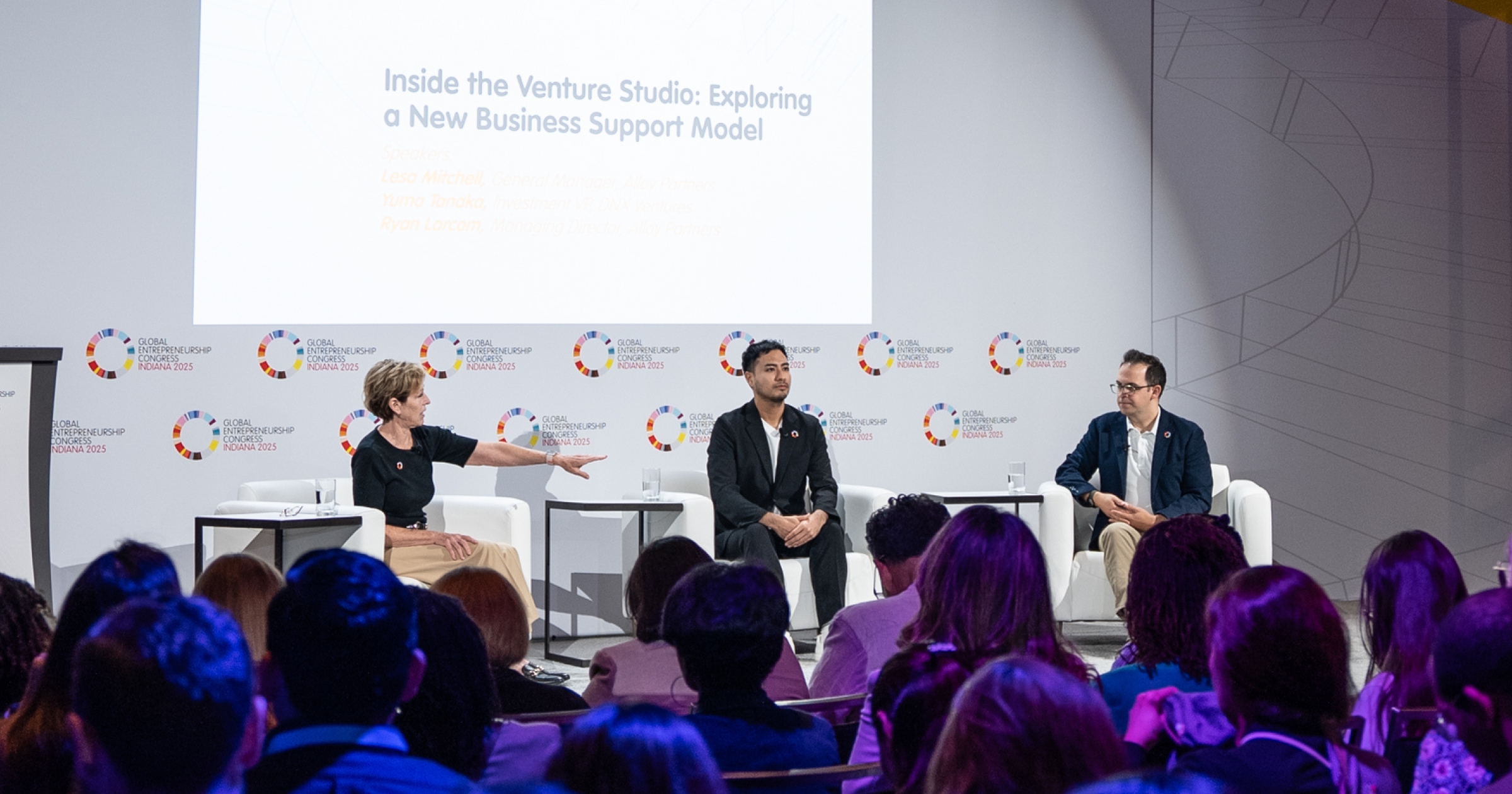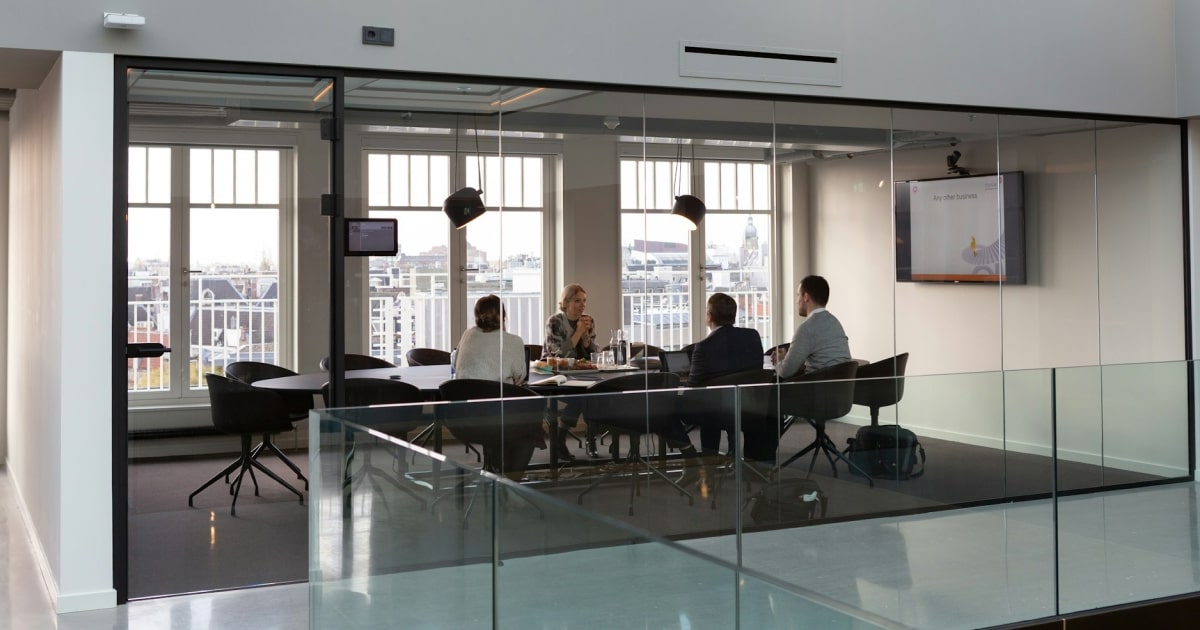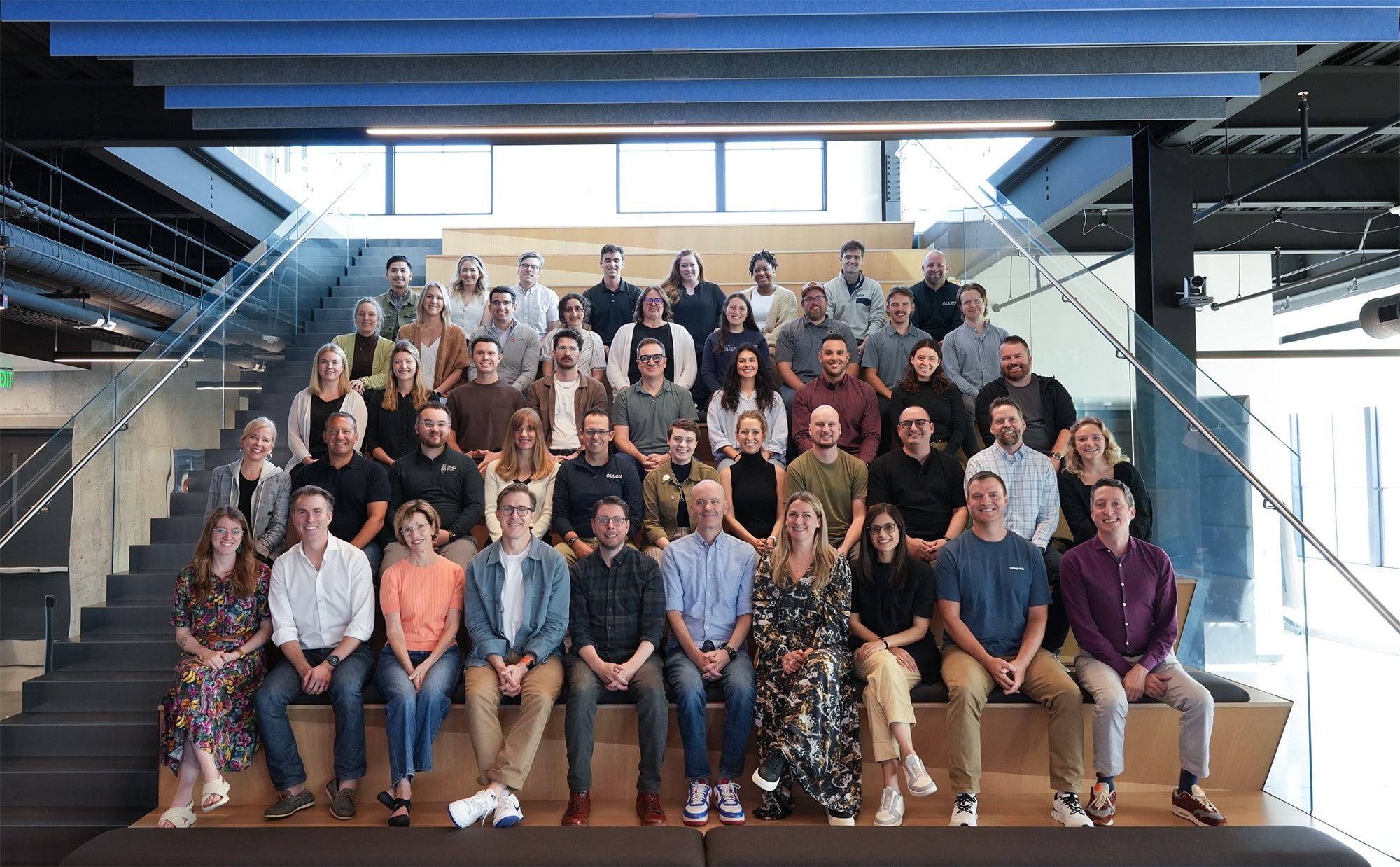Welcome to a new episode of Advantaged, the podcast from Alloy Partners where we dive deep into the mechanics of venture building and the intersections between startups, corporations, and innovation. This week, I was joined by Mamta Elias, Build Director at Alloy Partners, and Donna Parker, Director of i-Cubed at Duke Clinical Research Institute (DCRI), for a conversation that explores how clinical trials are being transformed through innovation, entrepreneurship, and cross-industry partnerships.
Be sure to subscribe to Advantaged on Apple, Spotify, or YouTube.
Key Takeaways
- Origins of DCRI: Born from visionary cardiology research at Duke, DCRI grew into the world’s largest academic research institute, pioneering the first “mega trials”, and driving collaboration between academia and industry.
- The i-Cubed Mission: i-Cubed stands for Imagine, Incubate, and Ignite. Its purpose is to accelerate innovation and commercialization of solutions—both products and new processes—emerging from within Duke as well as from broader clinical communities.
- Barriers in Clinical Trials: Today’s trials are too slow, costly (close to $1B per drug), and not inclusive enough—only ~5% of the eligible U.S. population is invited to participate. i-Cubed aims to address these challenges head-on.
- Entrepreneur Pathways: i-Cubed brings together internal Duke entrepreneurs (such as physicians or staff with a validated solution) and pairs them with Entrepreneurs-in-Residence (EIRs), guiding them through business discovery, value proposition, market testing, and commercialization.
- Partnerships for Innovation: The center partners not just with startups and Duke faculty but also with large industry players (pharma, device makers, CROs) and government. Solutions are frequently co-tested within DCRI’s trials for robust validation prior to commercialization.
- Real-World Impact: Examples include AI-powered patient matching tools and decentralized clinical trial data platforms—technologies first piloted at DCRI before market rollout.
- Big Picture Trends: Donna reflects on the macro forces reshaping clinical trials—from remote, decentralized study designs after COVID, to the surge in AI applications for recruitment and protocol design.
- Lessons Learned: The greatest insights have come not just from technology itself, but from observing human behavior—change requires context, communication, and a relentless focus on simplicity for end-users and trial sites.
Listen or watch the episode below and be sure to subscribe to the podcast.
If you’re interested in exploring how your organization can build, fund, or spin out new ventures, let’s connect.














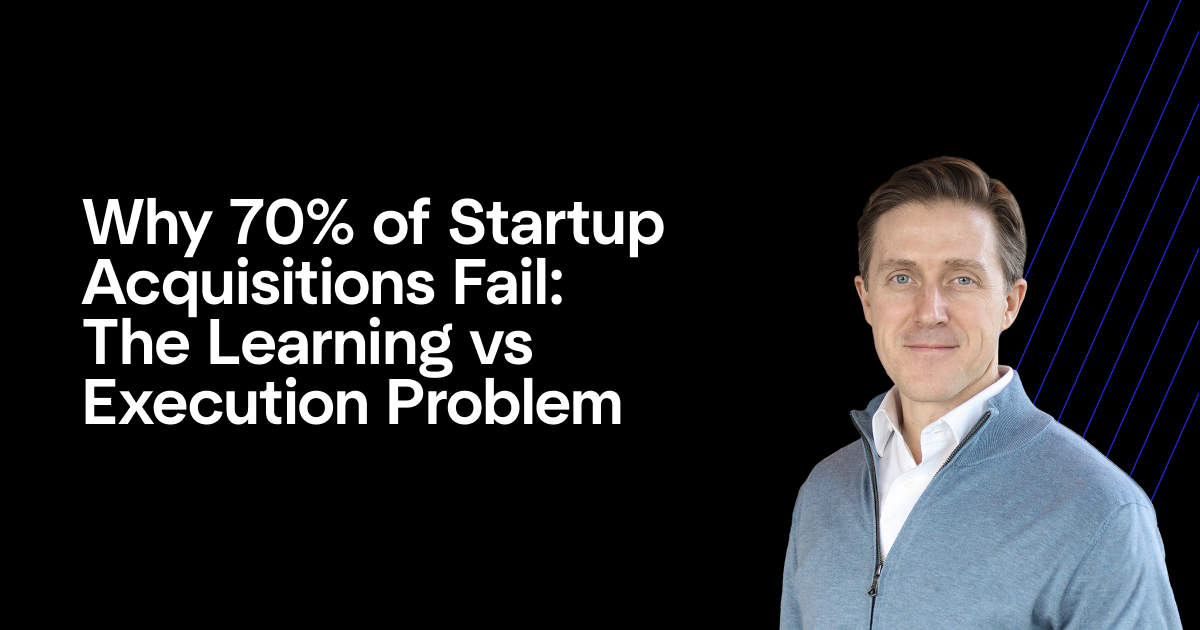









.png)




















